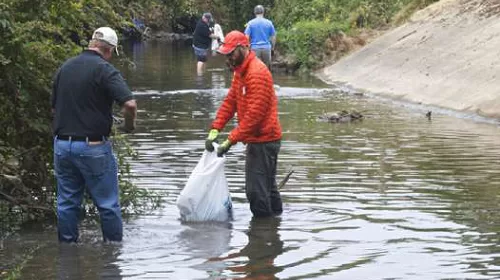Access to clean drinking water is essential for health and well-being, but these initiatives also play a significant role in reducing carbon emissions. In Uganda, where over 21 million people lack clean water access, many resort to boiling water using firewood, contributing to deforestation and greenhouse gas emissions. TASC has distributed 30,000 ceramic SPOUTS Purifaaya water filters to households in Western Uganda, providing safe drinking water without boiling. These locally-made filters can reduce each household’s CO2 emissions by up to three tonnes annually. The project is certified by Gold Standard, independently verifying its contributions to the UN Sustainable Development Goals. This certification creates opportunities for businesses to purchase carbon credits while supporting projects with social and environmental benefits. For UK water companies with emissions reduction targets, these credits could complement innovation and efficiency measures, particularly for scope three emissions. At COP29 in Baku, a landmark agreement on carbon market mechanisms in Article 6 of the Paris Agreement will enhance legitimacy in the offset market. This could enable emissions reductions from projects in one country to count toward another nation’s targets. Currently, around 36,000 carbon credits are available from the December issuance. As these dual-benefit projects gain recognition, they attract more support and expand their impact among communities in need, creating healthier lives while protecting the planet.
Clean Water Initiatives: Reducing Carbon While Improving Lives





